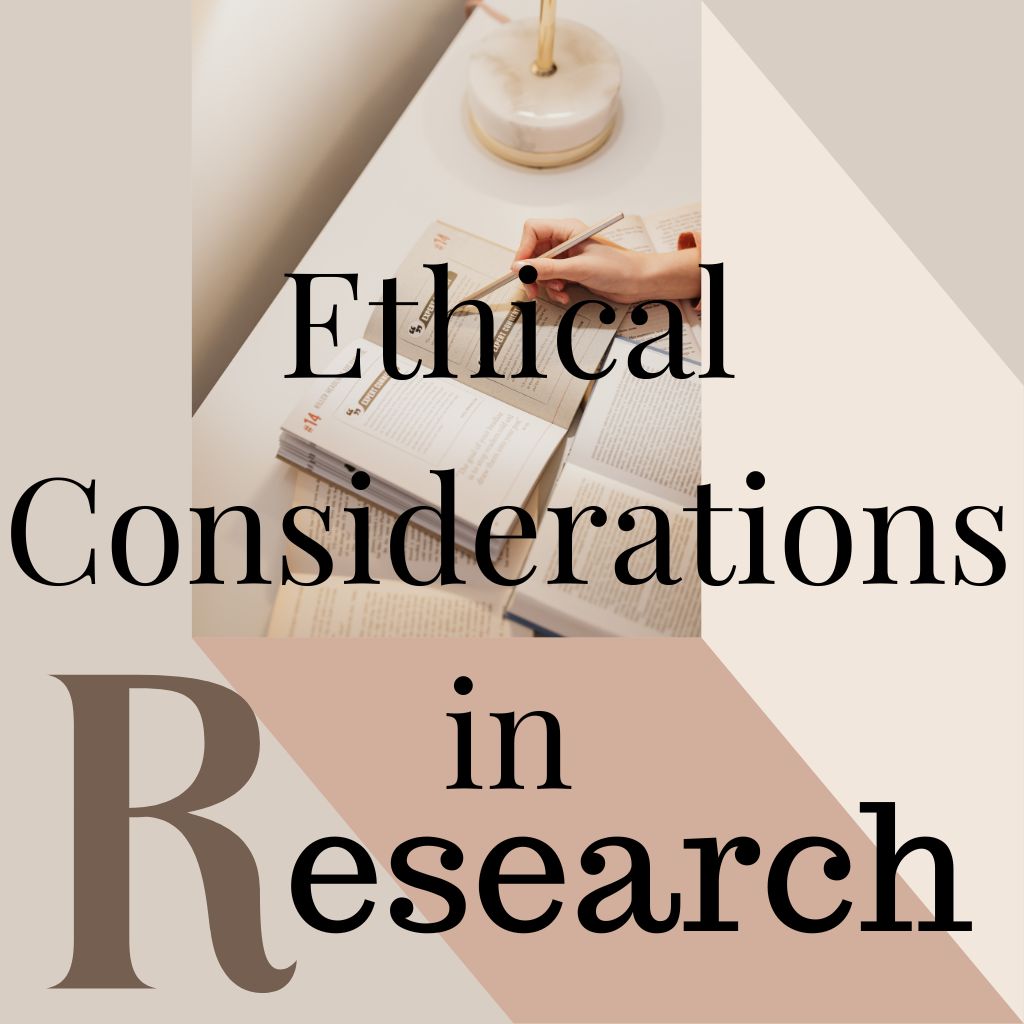Introduction
In the realm of academia, ethical considerations in research are paramount. These considerations ensure that research practices uphold integrity, respect participants, and contribute positively to society. Moreover, understanding research ethics is crucial for all researchers, as it involves various key aspects, including informed consent, confidentiality in research, and ethical research practices. This article will delve into these essential elements and highlight how using tools like MyWordAi.com can aid researchers in adhering to ethical standards.

Understanding Research Ethics
Research ethics encompasses the principles that govern the conduct of research, ensuring that it is carried out in a manner that respects participants’ rights and dignity. Historically, significant ethical breaches have led to the establishment of stricter guidelines and regulations, emphasizing the need for ethical research. Additionally, key principles of research ethics include respect for persons, beneficence, and justice, which serve as a framework for researchers to follow.
Informed Consent
First and foremost, informed consent is a fundamental aspect of ethical research, requiring researchers to provide potential participants with clear and comprehensive information about the study. This process ensures that individuals can make educated decisions about their participation. For instance, in medical research, participants should be informed about the potential risks and benefits of the study. Specifically, the informed consent process typically includes providing a detailed explanation of the research objectives, procedures, and any potential impacts on participants’ well-being.
Confidentiality in Research
Furthermore, confidentiality is another critical ethical consideration. Researchers must take steps to protect participants’ personal information from unauthorized access and misuse. Techniques to ensure confidentiality may include anonymizing data, securing files, and restricting access to sensitive information. Consequently, breaching confidentiality can have severe consequences, not only for participants but also for the credibility of the research and the researcher’s reputation.
Ethical Research Practices
Engaging in ethical research practices is essential for maintaining the trust of the public and the academic community. In this regard, Institutional Review Boards (IRBs) play a crucial role in overseeing research proposals to ensure ethical standards are upheld. These boards review research methodologies, informed consent processes, and potential risks to participants. As a result, the consequences of unethical research can include damage to professional reputation, legal penalties, and loss of funding.
The Role of Technology in Ethical Research
In an age where technology plays a pivotal role in research, tools like MyWordAi.com offer invaluable support. This platform is an automated academic writer powered by ChatGPT, designed to assist researchers in crafting well-structured, ethically sound documents. Moreover, MyWordAi.com streamlines the writing process, allowing researchers to focus on the ethical aspects of their work without the burden of learning complex AI prompting techniques.
Sample of the Research Section/Topic
Title: Ethical Considerations in Research
- Abstract: This section summarizes the main ethical principles in research, highlighting the significance of informed consent, confidentiality, and ethical research practices.
- Introduction: This section introduces the topic, providing context and outlining the key ethical issues faced by researchers.
- Methods: A detailed description of how ethical considerations were integrated into the research design and participant recruitment.
- Results: A discussion of how informed consent and confidentiality were maintained throughout the study.
- Discussion: An analysis of the ethical challenges encountered during the research process and how they were addressed.
- Conclusion: A summary of the key findings regarding ethical considerations in research.
Step-by-Step Guide to Using MyWordAi.com for Writing
- Access the Website: Visit MyWordAi.com.
- Sign Up or Log In: Create an account or log in to your existing account.
- Select a Template: Choose an academic writing template relevant to your research topic.
- Input Your Topic: Enter your research topic and any specific instructions or guidelines you have.
- Generate Content: Click on the “Generate” button to create your content.
- Review and Edit: Review the generated content, making any necessary edits or adjustments.
- Incorporate Ethical Considerations: Ensure that the generated content adheres to ethical research standards.
- Cite Sources: Use the integrated citation tool to add appropriate references.
- Export and Use: Once satisfied, export your document for submission or presentation.
Conclusion
In conclusion, ethical considerations in research play a crucial role in ensuring responsible conduct and respect for participants. By understanding key concepts such as informed consent and confidentiality, researchers can navigate the ethical landscape more effectively. Additionally, utilizing tools like MyWordAi.com can simplify the research writing process, making it easier to adhere to ethical standards.
To explore how MyWordAi.com can enhance your research experience, visit MyWordAi on the Play Store today!